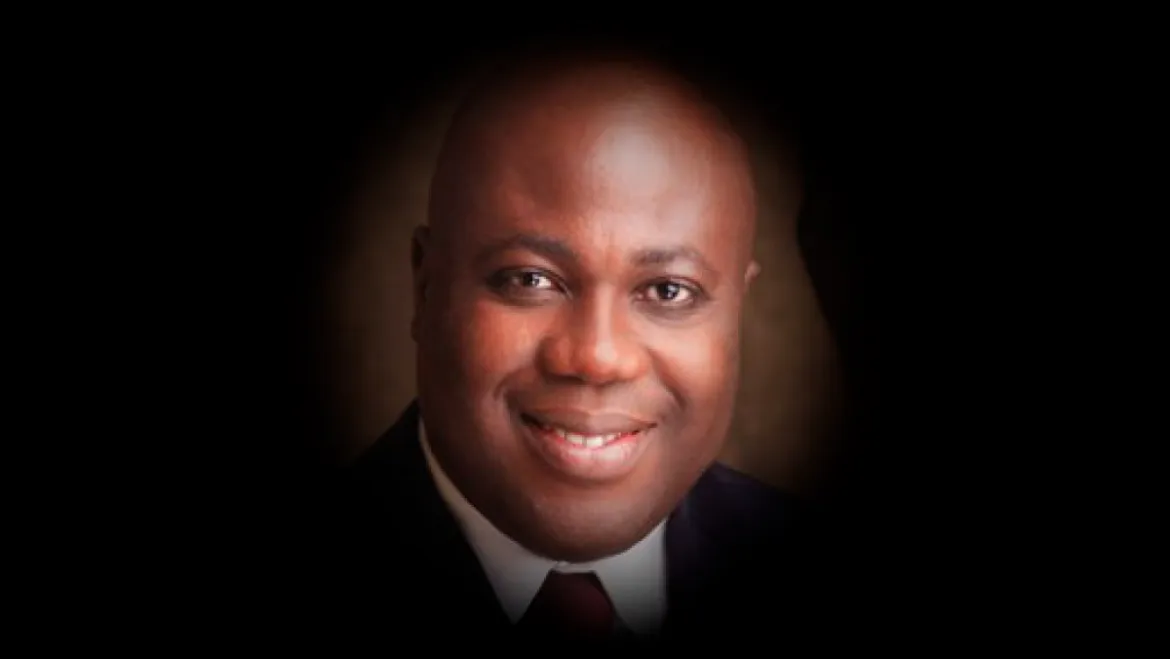A Concerning Decision: Balancing Confidentiality And Journalistic Freedom
By
Ifeanyi Igwebike Mbanefo

The suspension of Mr. Steve Osuji by the Guild of Editors has raised concerns reminiscent of Nigeria’s infamous Decree No. 4 of 1984.
This decree, enacted by the military government of Muhammadu Buhari, restricted press freedom and limited journalists’ ability to report on government actions.
The Guild cited Article 4 of the Code of Ethics for Nigerian Journalists, emphasizing confidentiality agreements and source protection.
However, Steve Osuji’s suspension for breaching a non-disclosure agreement (NDA) with the Department of State Service (DSS) raises questions about the balance between contractual obligations, professional ethics, and freedom of expression.
Several concerns arise from this decision:
1. Did the Guild consider the possibility that the NDA terms might be deemed unreasonable or overly broad? It is a matter of public interest and journalists are by vocation defenders of public interest.
2. The choice to safeguard sources is inherently personal, with attendant consequences – as seen in cases like Nduka Irabor and Tunde Thompson. It is always a personal decision, not imposed.
3. The editor’s right to report on matters of public interest supersedes NDA restrictions, especially when ethical obligations as a journalist are involved. It is a constitutional right.
4. The Guild’s action may be perceived as admission of wrongdoing, inviting punitive harassment by the DSS. The Guild may have inadvertently put Steve Osuji in harms way
5. This situation highlights the need for a nuanced approach, weighing legitimate business interests against the public’s right to know.
In light of these concerns, it is essential to revisit the Guild’s decision and consider the broader implications for journalistic freedom and ethics.
This feels like 1984 again. Every school of journalism in the world cites Decree 4 of 1984 as a primitive law.
IGWEBIKE ORIGINALLY POSTED THIS AS A WHATSAPP GROUP CHAT

